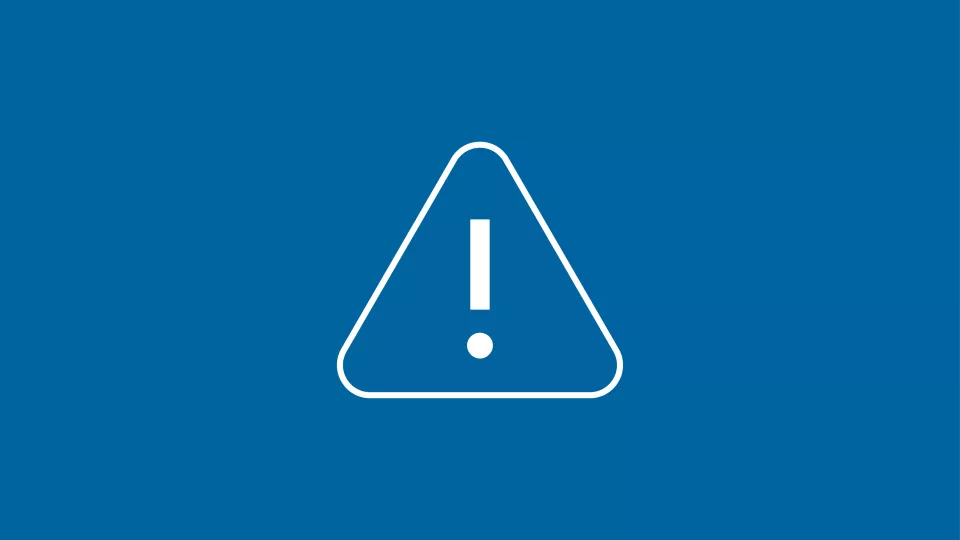
All Children’s Hospital Los Angeles locations are open.
Wildfire Support Line for Current Patients, Families and Team Members:
323-361-1121 (no texts)
8 a.m. - 7 p.m.

In my earlier blog post about ear infections, I discussed my personal experience with the condition, discussed causes of ear infections, as well as signs and symptoms. Below, I'll talk about the following:
If your child's pediatrician informs you that your child has been diagnosed with an ear infection, antibiotics may be prescribed for treatment of the condition. However antibiotics will not help an ear infection caused by a virus.
Because doctors have to weigh the negative effects of using antibiotics against the benefits, it's possible your child's doctor may decide that a "wait and see policy" is best.
For those parents looking for more information regarding this aspect of treatment, our hospital's infectious disease specialist, Dr. Wilbert Mason, provides useful information regarding research into the effectiveness of antibiotics in treating ear infections.
Ultimately, your child's doctor will make the decision whether or not to prescribe antibiotics based on your child's unique medical situation. If the eardrum has been broken or “burst,” antibiotic ear drops may be prescribed to help the tissue heal.
Serious Persistent or Chronic Infections However, more serious, persistent or chronic ear infections can lead to permanent damage if not treated.
There can be long-term damage to the bones and tissue or infection of the mastoid bone behind the ear. This condition is called mastoiditis. In these more serious cases, a pediatrician might recommend placement of ear tubes.
This is a pretty common and effective way to deal with chronic ear infections. In this procedure, called a myringotomy, surgeons drain excess fluid from the ear and place small tubes inside to help the excess fluid drain more quickly.
Some children's lives are marked by ear infections. This was the case with my nephew, who developed an ear infection with every cold, sniffle or change in the weather. After years of seeing the poor guy suffer battling chronic ear infections, his parents leapt at the chance to have ear tubes implemented.
Their response was "Oh, before ear tubes it was constant antibiotics. And you know how hard it is to make them take their medicine and keep track of taking 10 days worth! So, for my extended family, the ear tubes represented the possibility of having what they considered a normal life.
Ear Tube Surgery If your child is suffering from severe ear infections, an otolaryngology specialist might be recommended for treatment. This is a doctor who specializes in the field of otolaryngology and is usually more commonly known as Ear, Nose and Throat specialist.
This procedure is generally used when a child's chronic ear infections do not respond to antibiotics and is recommended when the child suffers hearing loss from ear infections for 3 month or has had chronic ear infections over 4 - 6 months.

One of our hospital's ear, nose and throat surgeons, Dr. Debra Don, works in the Division of Otolaryngology – Head and Neck Surgery. She was featured on the Doctors TV show performing a myringotomy on a young patient.
Parents wanting to learn more about this specific procedure can watch video of Dr. Don placing ear tubes into a child's ear in this video.
Before Surgery If your child has surgery, he or she won't be able to eat food or drink any liquids for 4 to 6 hours before the surgical procedure.
During Surgery A small incision is made into the eardrum, usually in both ears. Excess fluid that has collected there is removed. Small plastic or metal tubes open at both ends are placed into the incision. These tubes allow for drainage of fluid that can cause infection.
After Surgery Every child responds differently to anesthesia. I encourage parents to be prepared for the possibility that your child could be confused or frightened or even weepy after surgery. My nephew was weepy after surgery, and by knowing that this could be the case ahead of time, his parents were able to comfort him. After the procedure, it is very important to keep the ear dry as long as your doctor recommends. Also, call the doctor if the tubes fall out. They usually fall out within 6-12 months on their own or they can be removed by your child's surgeon.
Some children undergo repeat procedures over several years if the issue persists. In addition, some individuals experience formation of excess tissue around the surgical incision, damage to the surrounding bones or to the eardrum. A physician can explain risks related to this procedure in your child's case, as each child is different.
As far as the benefits go, many parents report that their children sleep better, are less irritable and symptoms are resolved after the procedure. In the case of my nephew, his parents shared with me:
It changed our lives. We were able to live a normal life without the constant pain and fever and antibiotic regimens. He had better balance, could play sports and was altogether a happier boy!
I am hopeful that these two posts, together, provide parents searching for answers about how to handle ear infections with the information they need to make the best decision for their child.